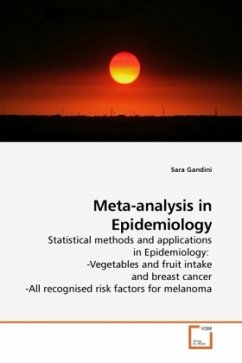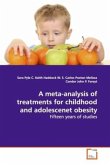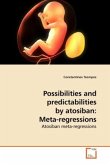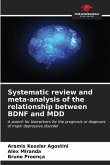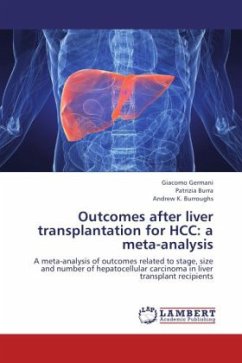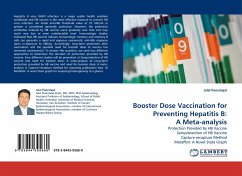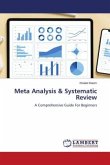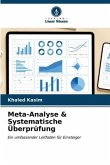A published meta-analysis on breast cancer and vegetables and fruit consumption was described to present a methodology used on meta-analysis in Epidemiology. A systematic meta-analysis on melanoma was conducte and pooled estimates were obtained for all main risk factors for melanoma: sun exposure (total, intermittent and chronic), sunburns, indicators of actinic damage, family history of melanoma and phenotype characteristics. Investigation of biases and inconsistencies among studies was one of the key phases of the meta-analysis to look for patterns among studies that might explain discrepant findings. The analyses on pigmented lesions and sun exposure showed that the choice of sources of cases and controls influenced significantly the estimate. An indication of a protective effect of chronic sun exposure came from studies that did not include subjects with dermatological problems. Latitude of the study seemed to be an important factor for sunburns and for high density of freckles. This study highlighted how several features of study design, type of analysis, categorization of exposures, study location and populations significantly explained between-study heterogeneity.
Bitte wählen Sie Ihr Anliegen aus.
Rechnungen
Retourenschein anfordern
Bestellstatus
Storno

